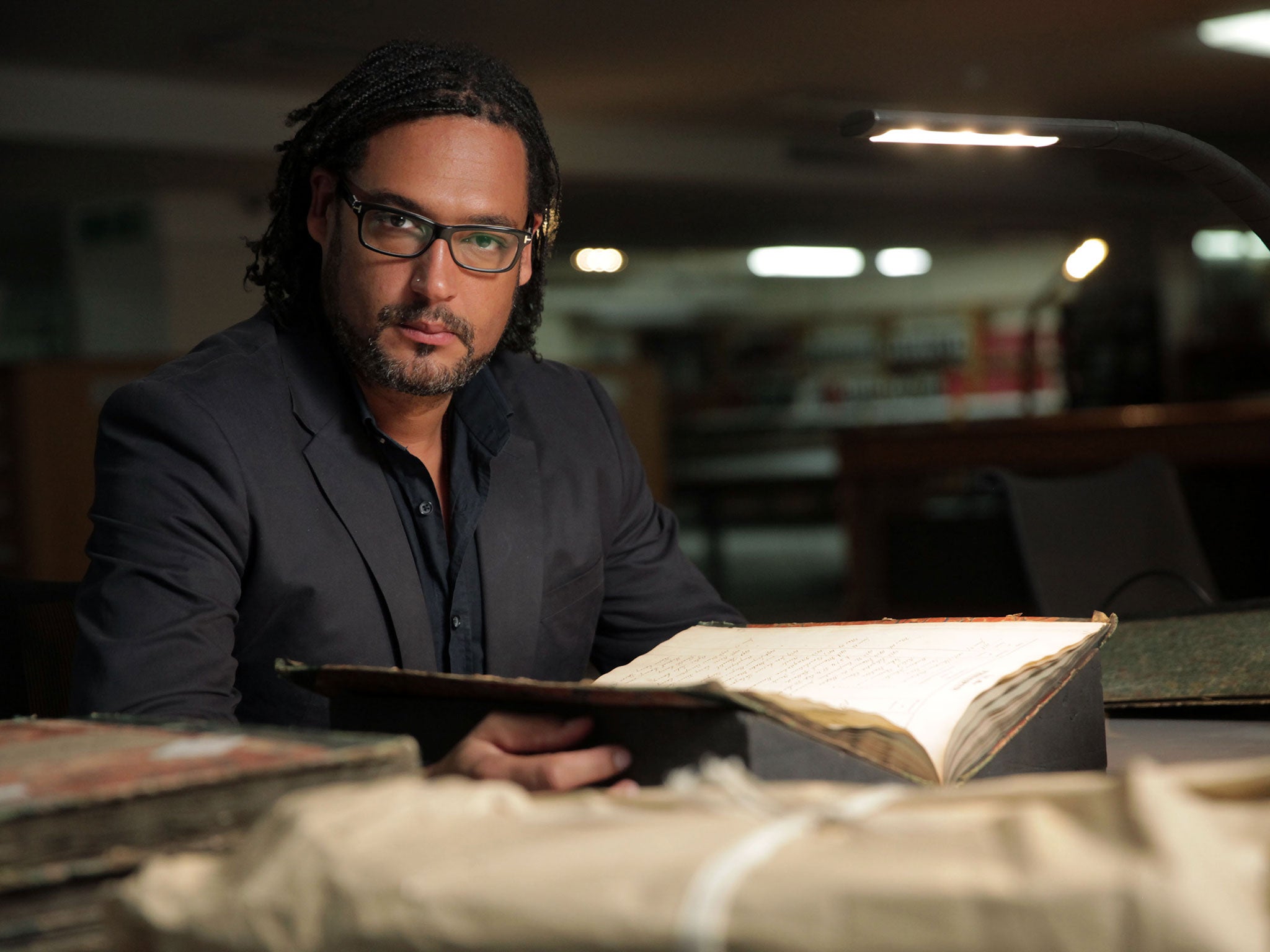‘Palpable nonsense’ that removing controversial statues ‘impoverishes history’, says TV historian
David Olusoga rejects idea that removing controversial statues damages our understanding of the past

TV historian Professor David Olusoga has said it is “palpable nonsense” to claim that removing controversial states impoverishes history.
Professor Olusoga says statues that depict slave traders – such as that of Edward Colston, for example, whose statue in Bristol was torn down by anti-racist protesters – are not helpful in the teaching of history or understanding the values of times gone by.
Rather, the historian and author of Black and British, a Forgotten History, said that such statues pose as “validation” of the “terrible things” that were committed by such people.
Rather, the study of the British empire is “absolutely critical” to one’s understanding of Britain today, he said, in regards to the "economy, culture, cuisine, as well the people who are living here".
However, when it comes to reflecting upon the relationship between the empire and the slave trade, there is a reluctance to enter into these conversations, with a push towards "distraction and deflection" and "various ways of saying 'We don't want to talk about that'."
Professor Olusoga said this position is taken by people who are “uncomfortable” having such discussions.
"I think that's because we've created a moral firewall between what happened in Britain and what happened in the empire – with the idea that what happened in the empire doesn't really count."
Communities Secretary Robert Jenrick recently promised more safeguards to monuments, saying they are "almost always best explained and contextualised, not taken and hidden away".
"What has stood for generations should be considered thoughtfully, not removed on a whim or at the behest of a baying mob," said Mr Jenrick.
Prime Minister Boris Johnson has also asserted a similar position, referring to the removal of statues as “lying about our history”.
But former culture minister Ed Vaizey has said the government should “lean in” to modern debates over social and racial justice, and that saying such controversial statues deserved protection was “ridiculously provocative."
Profiessor Olusoga, who presents A House Through Time, will this week present an online lesson for pupils studying at home during the lockdown
Join our commenting forum
Join thought-provoking conversations, follow other Independent readers and see their replies
Comments

Bookmark popover
Removed from bookmarks